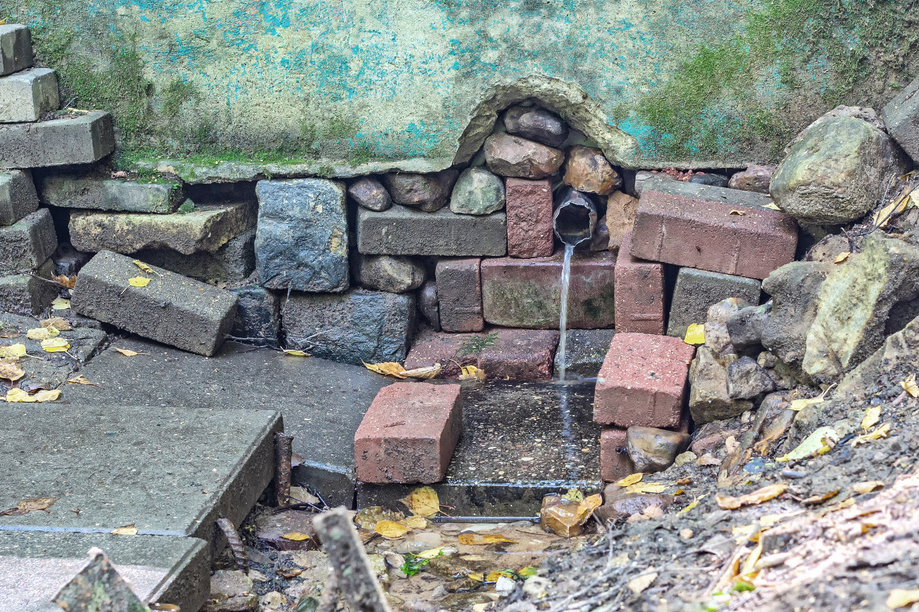1. Introduction#
Course Website
Readings#
Chow, V.T., Maidment, D.R., Mays, L.W., 1988, Applied Hydrology: New York, McGraw-Hill. pp. 1-12
Brutsaert, W. 2005. Hydrology : An Introduction (8th printing), Cambridge University Press. NewYork.
Wisler, C.O, and Brater, E.F. 1949. “Hydrology” John Wiley and Sons, New York pp. 1-14
Wisler, C.O, and Brater, E.F. 1949. “Hydrology” John Wiley and Sons, New York pp. 198-272
Videos#
Outline#
Course Resources
Essential Knowledge, Skills, and Abilities for Practical Engineering Hydrology
Course Resources#
Essential Knowledge, Skills, and Abilities for Practical Engineering Hydrology#
ChatGPT 4.0 beta suggests the list below as the most important (highest probability in its database) topics in the currect practice of Hydrology and Hydraulics:
Hydrological Processes: Understanding of various hydrological processes such as precipitation, evaporation, infiltration, runoff, and groundwater flow.
Hydrological Models: Knowledge of hydrological modeling techniques including statistical methods, deterministic models, and numerical simulations.
Watershed Dynamics: Understanding of watershed characteristics, behavior, and dynamics.
Hydraulic Structures: Knowledge of design and function of hydraulic structures such as dams, weirs, culverts, channels, and stormwater management systems.
Hydrological Data Collection: Familiarity with methods for collecting and analyzing hydrological data, including gauge stations, streamflow measurements, and rainfall data.
GIS and Remote Sensing: Proficiency in Geographic Information Systems (GIS) and remote sensing techniques for spatial analysis and mapping of hydrological features.
Regulatory Requirements: Understanding of relevant regulations and guidelines governing water resources management and environmental protection.
Climate Change Impacts: Awareness of how climate change can affect hydrological processes and water resource management strategies.
Software Proficiency: Familiarity with hydrological modeling software such as HEC-HMS, HEC-RAS, SWMM, and MODFLOW.
Erosion and Sediment Transport: Knowledge of erosion processes and sediment transport mechanisms in rivers and streams.
